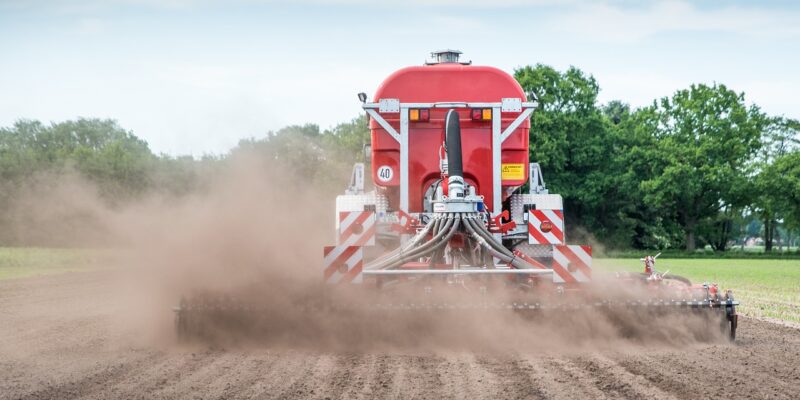On 1 January the Water Environment (Controlled Activities)(Scotland) Amendment Regulations 2021 came into force. The aim of these regulations is to minimise leakage from stores and to reduce ammonia emissions caused by imprecise spreading methods, such as splash plates. These stricter controls should also result in greater benefit being achieved from nutrients produced on-farm with the follow-on effect being that farmers see a decrease in spending on fertiliser.
Not all of the new regulations are immediately enforceable – there are transitional periods built into the regulations. For example, while slurry and silage stores constructed prior to September 1991 are no longer exempt from construction standards, the deadline for making them fully compliant is 1 January 2026. The deadline for stores constructed (or that were substantially reconstructed or enlarged) after September 1991 to be fully compliant is 1 January 2024. However, any new stores being built must be fully compliant and have capacity to store slurry produced in 26 weeks by pigs or 22 weeks by cattle (in line with rules for Nitrate vulnerable zones). SEPA must also be given at least 30 days’ notice prior to construction work starting.
The next important date to prepare for is 1 January 2023 when regulations relating to the spreading of slurry and liquid digestate by “precision equipment” become enforceable. Precision equipment is defined as equipment capable of low emissions accurate application techniques including a dribble bar or band spreader, trailing hose, trailing shoe or direct injection. On this date:-
- raised splash plates or rain guns must not be used to apply slurry;
- contractors must use precision equipment to apply slurry; and
- on farms with more than 100 milking cows, 200 beef cattle livestock units (over 2 years old = 1 unit, under 2 years old = 0.5 unit) or 800 fattening pigs, slurry must be applied using precision equipment
By 1 January 2027 all slurry must be applied using precision equipment.
These new regulations will need to be kept in mind by farmers (and lawyers!) when buying property or entering into a new lease. The cost of upgrading stores and equipment could be significant so carrying out detailed due diligence is imperative.
As featured in Farming Leader March 2022 edition

